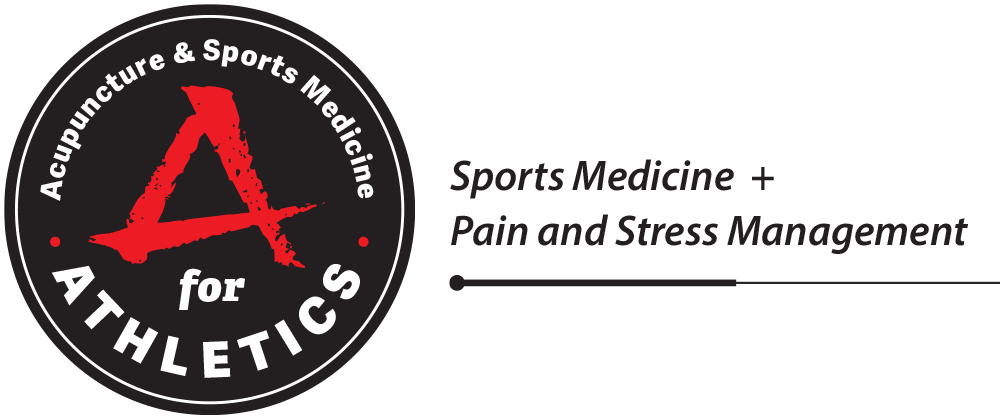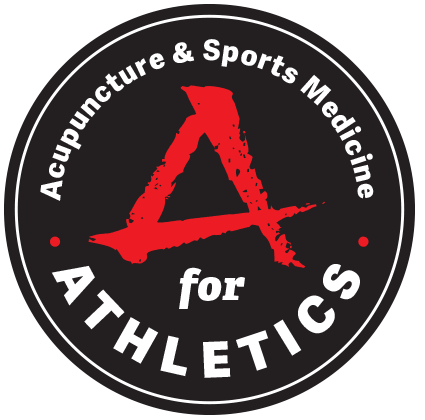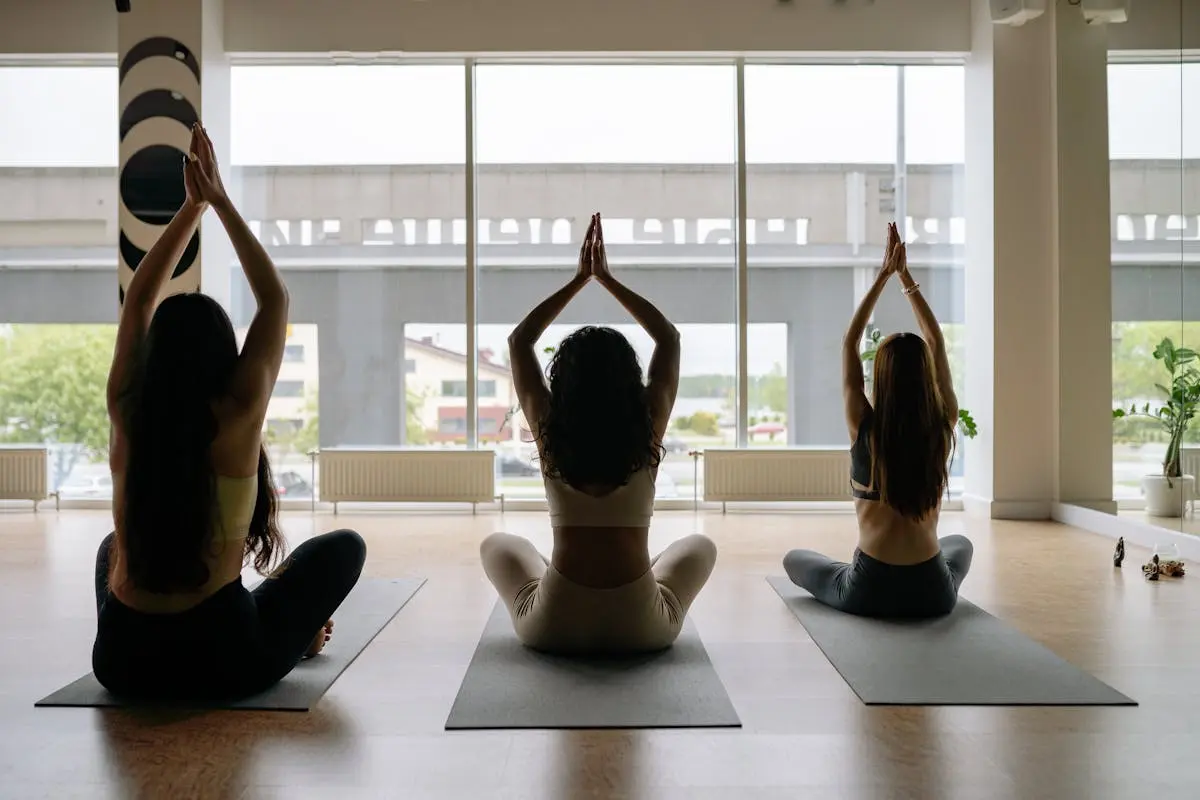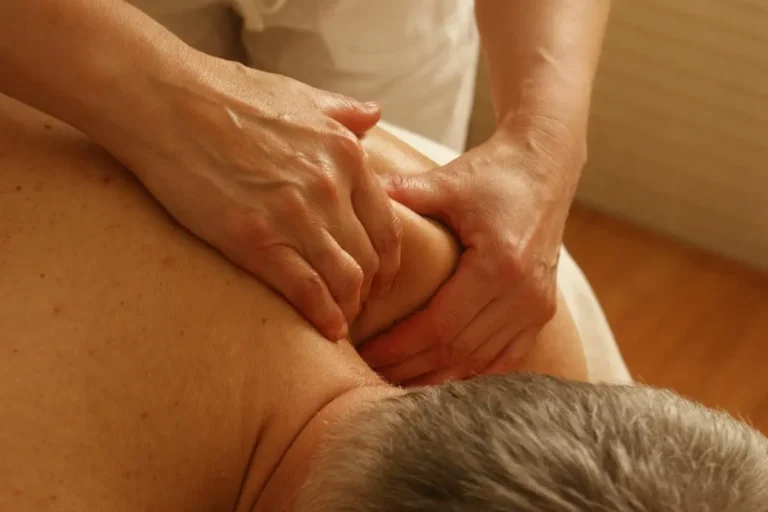What is Holistic Health in Sports Medicine?
In today’s fast-paced world, athletes and sports enthusiasts are increasingly turning to holistic health approaches to enhance their performance and well-being. But what exactly does holistic health mean in the context of sports medicine? This FAQ-style blog will unravel the concept for you, making it easy to understand and apply.
Understanding the Basics of Holistic Health
Holistic health is a comprehensive approach to well-being that considers the body, mind, and spirit as interconnected. In sports medicine, it aims to treat athletes as whole individuals rather than just addressing their injuries or physical conditions.
The core principle of holistic health is balance. This means looking beyond symptoms and considering overall wellness. For athletes, this involves understanding how various aspects of health interrelate, from physical training to mental resilience.
Holistic health is not limited to a particular set of practices. It encourages a lifestyle that promotes wellness through balance, self-care, and a focus on prevention. This approach can be particularly beneficial in sports medicine where the physical demands on athletes are high.
Key Components of Holistic Sports Medicine
The key components often include nutritional counseling, mental health support, lifestyle changes, and alternative therapies like acupuncture or yoga. These elements work together to support the athlete’s overall health and performance.
Each component of holistic sports medicine aims to enhance a specific aspect of health. Nutritional counseling, for instance, provides tailored diet plans that help athletes achieve their performance goals while maintaining overall wellness.
Lifestyle modifications recommended in holistic approaches might include better sleep habits and stress management techniques. These changes can have a profound impact on both athletic performance and recovery times.
The Role of Nutrition and Diet
Nutrition plays a crucial role in holistic health by fueling the body properly and aiding in recovery. Personalized diet plans help athletes maintain energy levels and ensure they get the essential nutrients needed for optimal performance.
The connection between diet and performance is well-documented. Proper nutrition not only helps in injury prevention but also speeds up the recovery process, ensuring that athletes can maintain their training intensity.
Incorporating Mental Health Practices
Holistic sports medicine stresses the importance of mental health. Techniques like mindfulness, meditation, and counseling help athletes manage stress, improve focus, and maintain a positive mindset.
For athletes, mental health is as important as physical health. Stress and anxiety can adversely affect performance, which makes mindfulness and meditation invaluable tools for maintaining equilibrium.
Alternative Therapies and Their Benefits
Practices such as acupuncture, massage, and yoga are part of holistic health. These therapies can enhance physical recovery, reduce stress, and improve flexibility and concentration among athletes.
Alternative therapies provide unique benefits that target not just physical recovery but also mental relaxation. For example, yoga strengthens core muscles while promoting peacefulness and focus, which are essential for athletes under pressure.
Case Studies: Success Stories in Holistic Sports Medicine
Discover inspiring stories of athletes who have integrated holistic approaches into their routines. These cases highlight how addressing the body, mind, and spirit leads to significant improvements in health and performance.
One famous case is that of a professional soccer player who, through a combination of nutritional adjustments and mental focus exercises, saw a notable decrease in injury recurrences and improved game performance.
Embracing a Holistic Approach in Sports Medicine
Holistic health in sports medicine offers a well-rounded approach that addresses not just the physical, but also the mental and emotional aspects of an athlete’s health. By integrating various therapies and focusing on the whole person, athletes can achieve optimal performance and long-lasting well-being.









